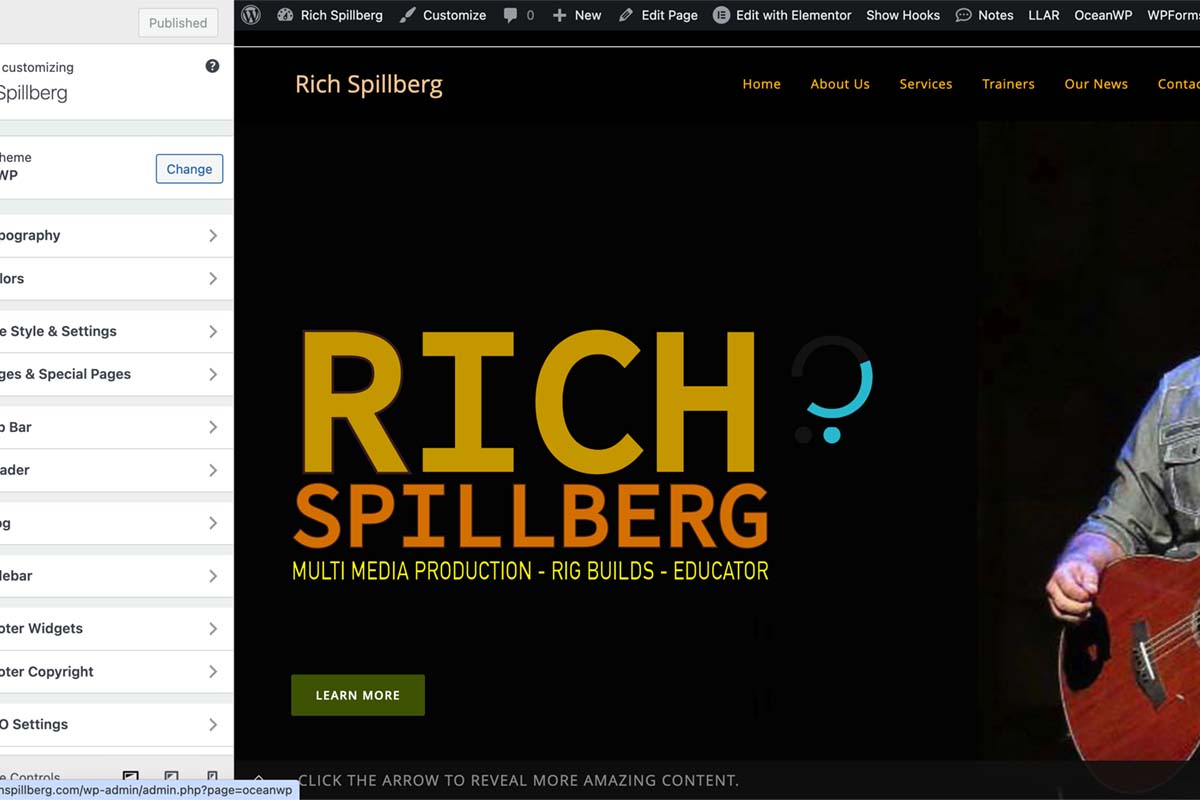Touring is a great job.
Just like software engineering is a great job, and driving a cab is a great job, and working in the warehouse of a record store chain is a great job, and parking cars in a lot behind Boston Garden is a great job, and working in the bottle redemption department at Roxie’s supermarket is gre… OK that wasn’t so great, but all of the other jobs mentioned above are positions that I have held at one point or another in my life, and all have had aspects about them that I considered great. Whether is was a trusted responsibility (that always feels good), the compensation, or even the freedom of having a job that is in my power to keep or lose, all have given me some level of satisfaction.
All of that said, and as indicated, one of my current lines of work lives within the music touring business. That isn’t to say that there is only one thing that I do within the touring business, because there are a slew of things that I do in the touring world, but rather that one of the areas in which I work within the music business is in touring with a variety of artists. OK, I realize that may not make my job description any clearer to you…
The touring world is unique in many ways. Yes, as in most businesses, there is management at the high level (tours that cater to crowds of 60,000 people would be impossible to run without a substantial management structure), and then there are divisions of labor below management that handle the various departments, such as Audio, Lights, Video, Staging, and Backline.
On the road, I’m a “Touring Technician”. More specifically, I’m a member of the Backline crew on the various tours that I work with. The Backline department is the division that takes care of the musical equipment used on the tour; the guitars, basses, keyboards, drums, percussion, brass instruments, etc…, and ultimately, we take care of the artists that use that gear. So for example, there is a Drum Tech on most tours, who sets up the drums, changes drum heads, tunes the drums, and who fixes or arranges replacement pieces of any equipment that has been damaged during the tour. But the Drum Tech is also the drummer’s “right hand”. What I mean by that is that the Drum Tech is in constant communication with thew drummer – during the show, and on days off – to make sure that any needed or
I remember, prior to my being involved as a touring “technician” (the very broad classification of what I do), that one of my closest friends – we’ll call him DB – was for a long time Tour Managing big artists. For the life of me, I had no idea what that meant. I had toured as a musician for 12 years prior to his becoming a major player in the business, and I still had no clue as to what he did. It was definitely fodder for making fun of him, because most of us around him, although we knew he was headed for big things, and were super proud of him, still liked to laugh at what we didn’t understand about his work. It wasn’t until Idid a 180 degree shift and became a touring technician, that I came to understand what the role of Tour Manager meant and was. I still like to make fun of him whenever I get the chance…
I bring all this up, because it has been often that when I descrive the
and well, ultimately because I say “yes” a lot. “Hey Rich, In fact, the work that I currently do in the touring world is sometimes performed off the road



